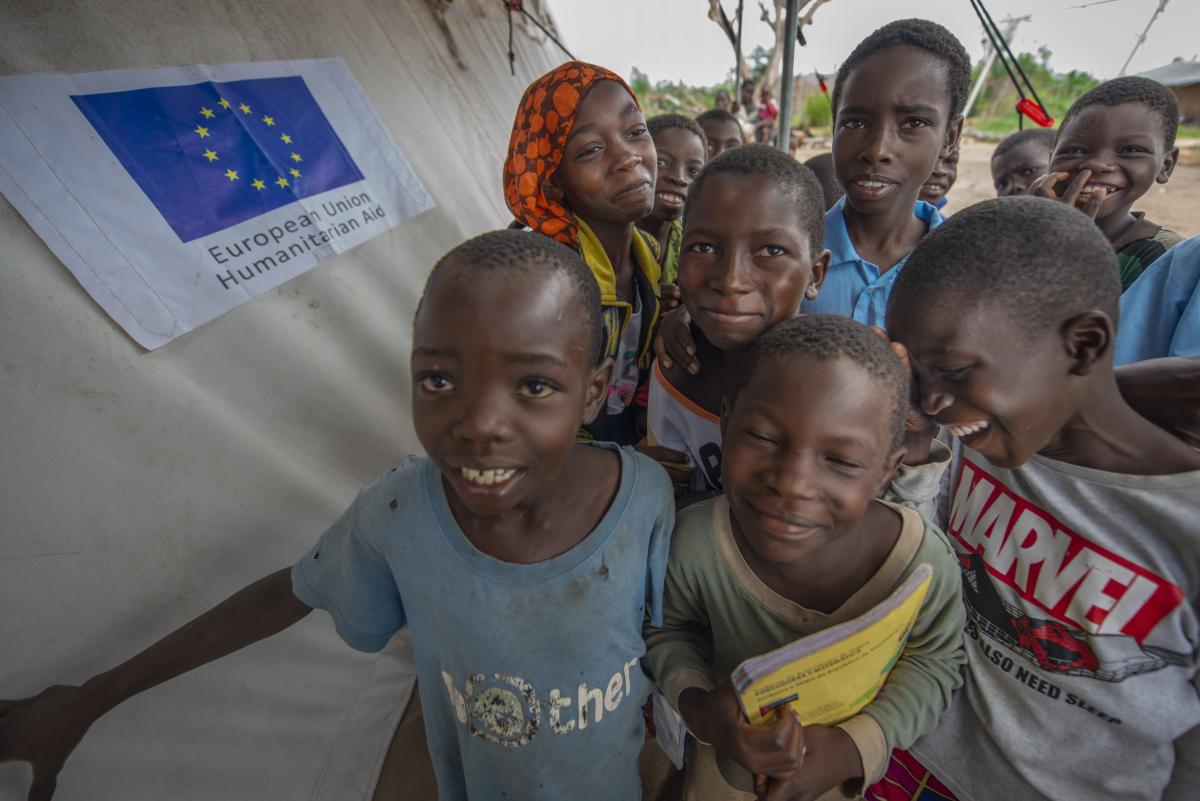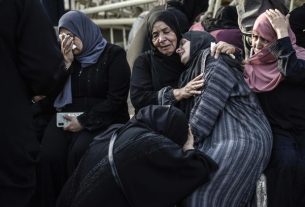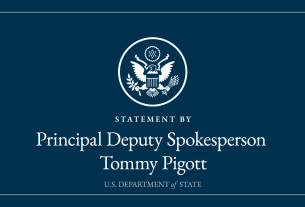The European Commission will provide an initial humanitarian aid allocation of €41 million for the Southern Africa and Indian Ocean in 2025 – an area facing simultaneously natural hazards and conflict.
Mozambique will receive €17 million. Part of the funding will support the country’s efforts to respond to the consequences of tropical cyclones Chido, Dikeledi and Jude, which struck the country in December 2024, January and March 2025. In addition to this emergency funding, the EU has also transported, in response to tropical cyclone Chido, 60 tonnes of assistance (shelter, household items, water and sanitation supplies) from the EU’s warehouse in Nairobi.
A further €7 million will be provided to Madagascar, to facilitate access to food, emergency education, and nutritional services amongst others. €16 million will be used for regional and multi-country programmes, to help children remain in school, strengthen protection from gender-based violence, and boost the response to epidemics.
The EU will also provide €1 million to support the response to the ongoing cholera outbreak in Angola.
Commissioner for Preparedness, Crisis Management and Equality, Hadja Lahbib, stressed: “In the Southern Africa and Indian Ocean region, climate shocks and natural hazards – tropical cyclones, droughts, and unpredictable rainfall – are claiming lives, destroying livelihoods, leaving families homeless, and leading to escalating food insecurity. This is in addition to the suffering caused by armed conflict. Only in Mozambique, some 1.3 million have been forced to flee their homes since the conflict in Cabo Delgado broke out in 2017 and 4.9 million are food insecure. The funding announced today will provide life-saving aid to households and strengthen disaster preparedness in the region. ”
Background
The Southern Africa and Indian Ocean region, composed of 14 countries with different level of national capacities, is prone to natural hazards, disease outbreaks and human-induced disasters, caused by armed conflict and violence.
In 2024, a prolonged El Niño-induced drought scorched crops in a region where 70% of the population relies on agriculture to survive. More than 30 million people across 14 countries are facing food insecurity and six countries have declared a state of emergency due to the El Niño induced drought: Botswana, Lesotho, Malawi, Namibia, Zambia, and Zimbabwe. Several countries have also been affected by cholera outbreaks.
The security situation remains volatile, and civilians continue to bear the brunt of the armed violence in Mozambique’s Cabo Delgado province. Mozambique is also prone to natural hazards and this cyclonic season has been particularly severe with three tropical cyclones having hit the north of the country since December 2024, affecting more than 1.4 million people.
Madagascar faces a mixture of acute and chronic needs, combining high levels of malnutrition, mortality and disease alongside high and protracted poverty levels, food insecurity and an economic stagnation.
In addition to disaster preparedness, EU aid will support partners on the ground in providing life-saving assistance (food, protection, water, shelter, sanitation) to those affected by natural hazards and/or human-induced events.



